K. Albanians disable phone networks in Serb areas
The Kosovo Albanian authorities in Priština removed the equipment of all Belgrade-based mobile and landline operators this morning.
Friday, 23.04.2010.
10:38

The Kosovo Albanian authorities in Pristina removed the equipment of all Belgrade-based mobile and landline operators this morning. This happened in central Kosovo, reports said. K. Albanians disable phone networks in Serb areas Eyewitnesses, who secured the premises, said that “special police” broke into Telekom, Telenor and VIP structures to help cut off cables and take down equipment, at around 05:00 CET. Eyewitnesses said that workers of a "telecommunications regulatory body" from Pristina removed transmitters and randomly severed cables. As a consequence, 40,000 Serbs are either left without mobile service in that part of the province, or have very poor reception. In all, some 80,000 people have their phones cut off, reports said. Telekom Srbija said they would issue a statement once they have learned about what exactly happened and who was responsible for what they called an act of vandalism. Telekom workers are currently working to enable landline telephony in the villages surrounding the Serb enclave of Gracanica. The enclave's small base transmitter has not been destroyed, so the 064 network has weak reception there. Meanwhile, a body dubbed the Kosovo Telecommunications Regulatory Authority said this Friday that it had taken action to "put an end to the illegal operation of unlicensed and unauthorized providers" that have “built networks in Kosovo”, Tanjug reports. "Aimed at driving Serbs out" State Secretary with the Ministry for Kosovo and Metohija Oliver Ivanovic said on Friday that preventing the work of Serbian mobile phone services south of the Ibar River paves the way for expelling Serbs from that part of the province. “Living in an enclave without contact with family, friends, doctors or the people who have been directly or indirectly helping the Serb people survive in Kosovo, or with Serbian officials and the Kosovo and Metohija Ministry itself, Serbs will have no option but to leave,” Ivanovic told Tanjug. Ivanovic believes that whoever decided to ban Serbia's three cell phone operators from the southern part of the province is aware of the possible consequences. "All of our cell phone companies have operating licenses issued by the competent authorities way before 1999. They have continued to operate with those licenses since they did not have a limited validity period. The interim Kosovo institutions, on the other hand, tried to eliminate the phone operators on several occasions by tearing down their towers or cutting their lines. We managed to avert the threat until now," Ivanovic said. He added that the interim Pristina institutions maintained that the Serbian companies were not licensed to operate south of the Ibar River. An international court will have to have the final say in the matter, noted Ivanovic. "I talked with members of EULEX and asked them to act. So far they have been reluctant to get involved, but that could be for any number of reasons. Above all, I am not sure they are confident of their ability to regulate this area. They claim they knew nothing about this, but I doubt a major operation like this one could be undertaken without the international community knowing," Ivanovic said. Patients in Gracanica at risk The management of the Gracanica hospital launched a protest on Friday regarding the disruption of phone services in central Kosovo, stating that such an "inhumane and anti-civilizational act" puts human lives at risk. "In case of potential medical complications or deaths of patients who could not be provided with adequate care because of the interruption in communications, the responsibility will be on those who caused or directly contributed to the existing situation," a statement from the Gracanica hospital said. "All types of communication have been interrupted, which has isolated the hospital from its patients. The emergency medical service has also been brought to a halt, having received no phone calls at all, even though we have around 50 interventions each day," Hospital Director Radmila Trajkovic said. Patients can see a doctor only if they come to the hospital, since the paramedics have not gone out at all.
K. Albanians disable phone networks in Serb areas
Eyewitnesses, who secured the premises, said that “special police” broke into Telekom, Telenor and VIP structures to help cut off cables and take down equipment, at around 05:00 CET.Eyewitnesses said that workers of a "telecommunications regulatory body" from Priština removed transmitters and randomly severed cables.
As a consequence, 40,000 Serbs are either left without mobile service in that part of the province, or have very poor reception. In all, some 80,000 people have their phones cut off, reports said.
Telekom Srbija said they would issue a statement once they have learned about what exactly happened and who was responsible for what they called an act of vandalism.
Telekom workers are currently working to enable landline telephony in the villages surrounding the Serb enclave of Gračanica.
The enclave's small base transmitter has not been destroyed, so the 064 network has weak reception there.
Meanwhile, a body dubbed the Kosovo Telecommunications Regulatory Authority said this Friday that it had taken action to "put an end to the illegal operation of unlicensed and unauthorized providers" that have “built networks in Kosovo”, Tanjug reports.
"Aimed at driving Serbs out"
State Secretary with the Ministry for Kosovo and Metohija Oliver Ivanović said on Friday that preventing the work of Serbian mobile phone services south of the Ibar River paves the way for expelling Serbs from that part of the province.“Living in an enclave without contact with family, friends, doctors or the people who have been directly or indirectly helping the Serb people survive in Kosovo, or with Serbian officials and the Kosovo and Metohija Ministry itself, Serbs will have no option but to leave,” Ivanović told Tanjug.
Ivanović believes that whoever decided to ban Serbia's three cell phone operators from the southern part of the province is aware of the possible consequences.
"All of our cell phone companies have operating licenses issued by the competent authorities way before 1999. They have continued to operate with those licenses since they did not have a limited validity period. The interim Kosovo institutions, on the other hand, tried to eliminate the phone operators on several occasions by tearing down their towers or cutting their lines. We managed to avert the threat until now," Ivanović said.
He added that the interim Priština institutions maintained that the Serbian companies were not licensed to operate south of the Ibar River. An international court will have to have the final say in the matter, noted Ivanović.
"I talked with members of EULEX and asked them to act. So far they have been reluctant to get involved, but that could be for any number of reasons. Above all, I am not sure they are confident of their ability to regulate this area. They claim they knew nothing about this, but I doubt a major operation like this one could be undertaken without the international community knowing," Ivanović said.
Patients in Gračanica at risk
The management of the Gračanica hospital launched a protest on Friday regarding the disruption of phone services in central Kosovo, stating that such an "inhumane and anti-civilizational act" puts human lives at risk."In case of potential medical complications or deaths of patients who could not be provided with adequate care because of the interruption in communications, the responsibility will be on those who caused or directly contributed to the existing situation," a statement from the Gračanica hospital said.
"All types of communication have been interrupted, which has isolated the hospital from its patients. The emergency medical service has also been brought to a halt, having received no phone calls at all, even though we have around 50 interventions each day," Hospital Director Radmila Trajković said.
Patients can see a doctor only if they come to the hospital, since the paramedics have not gone out at all.










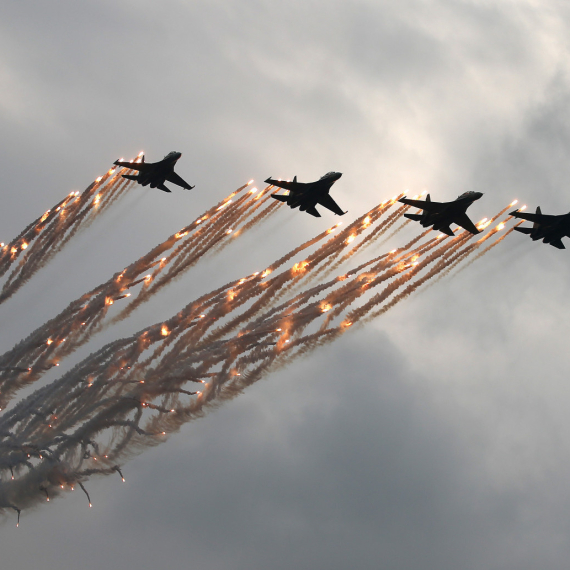
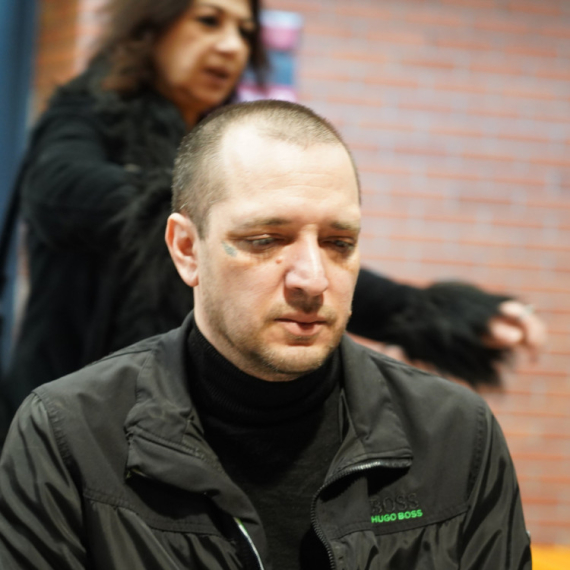

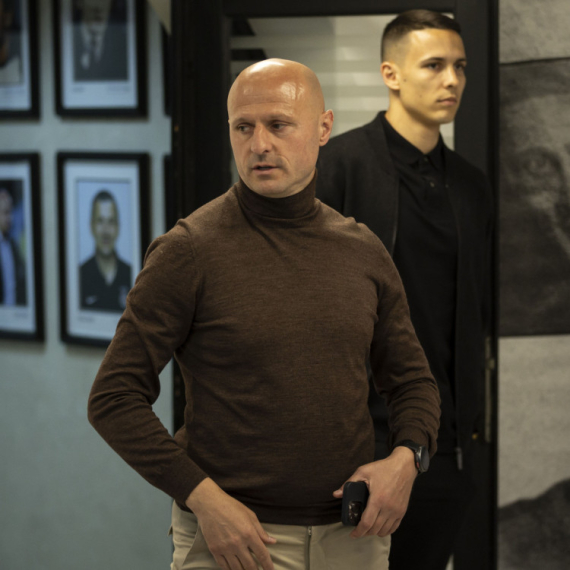
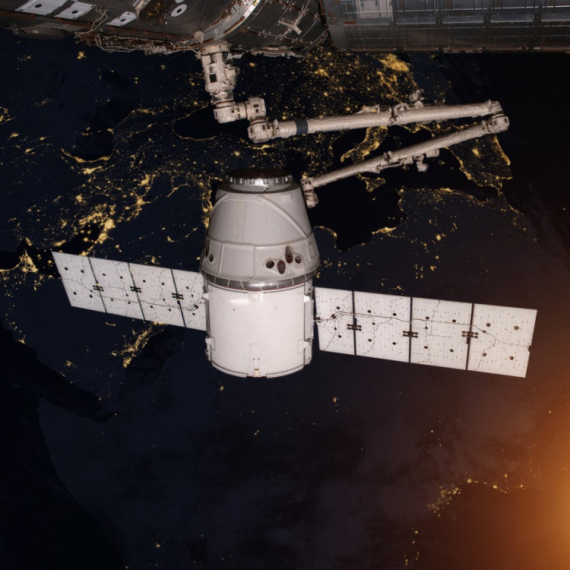







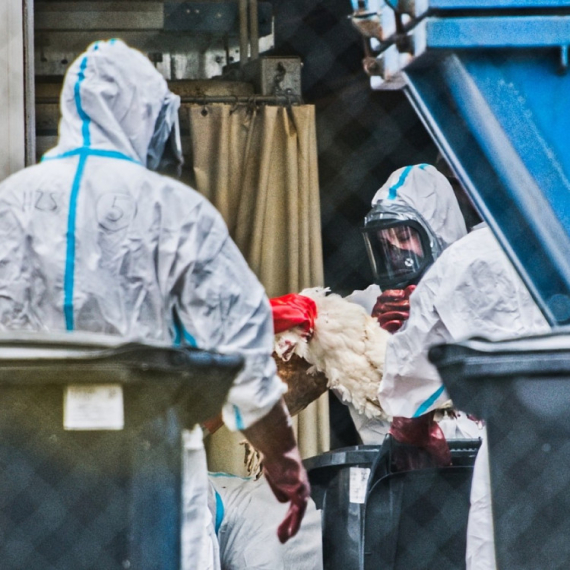














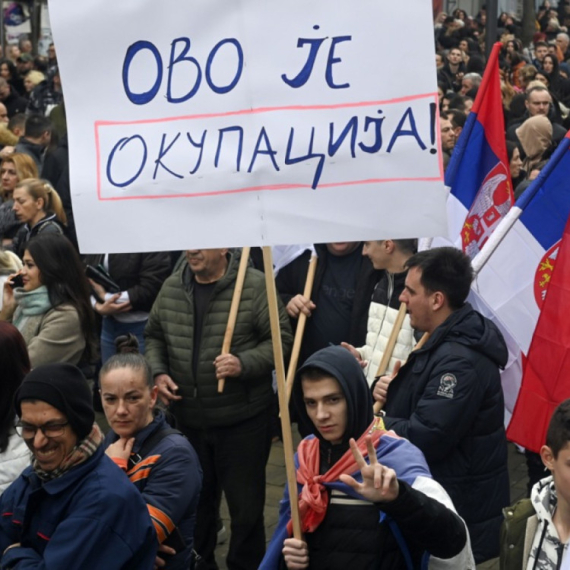
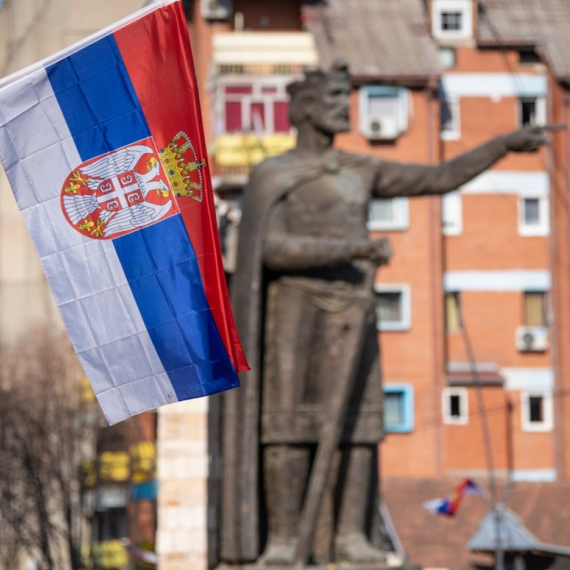









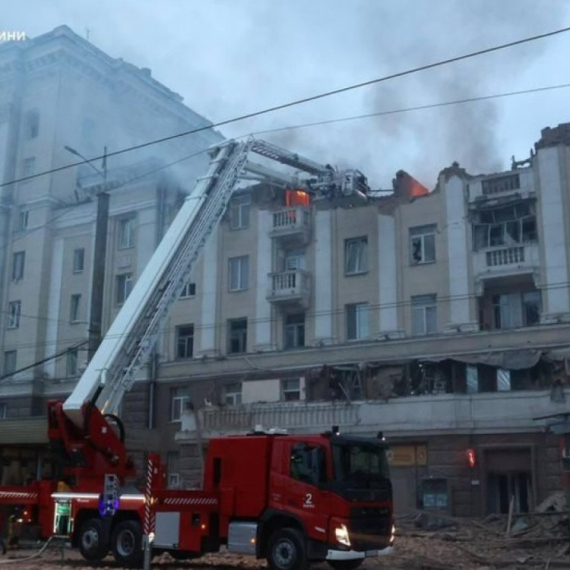
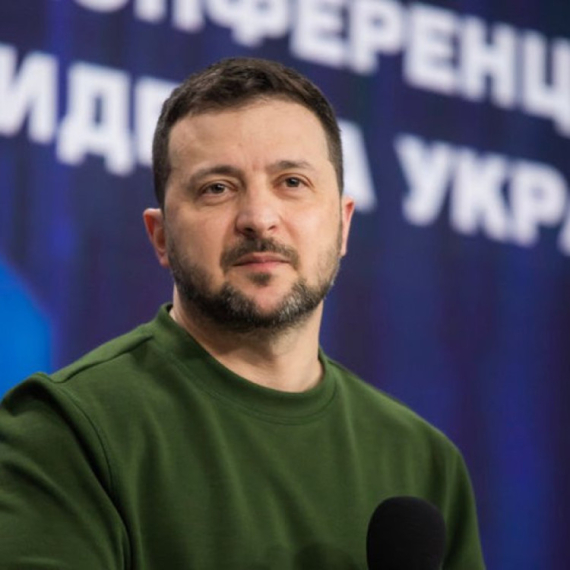

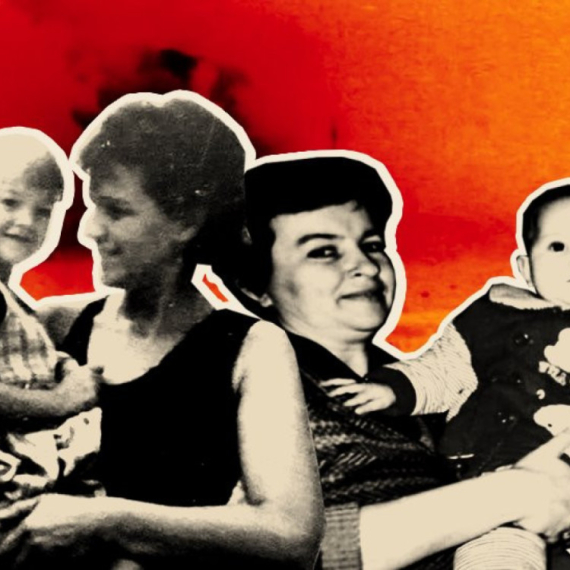


Komentari 85
Pogledaj komentare